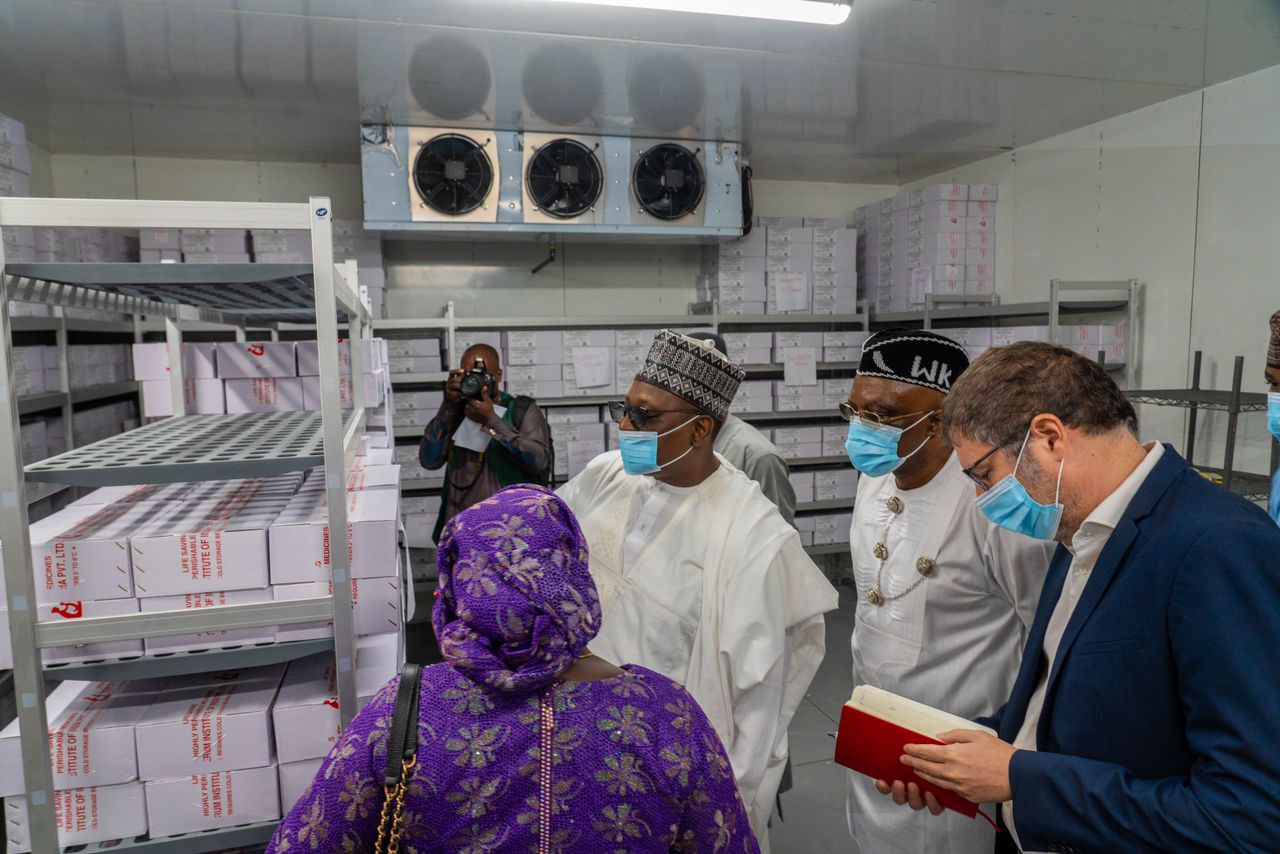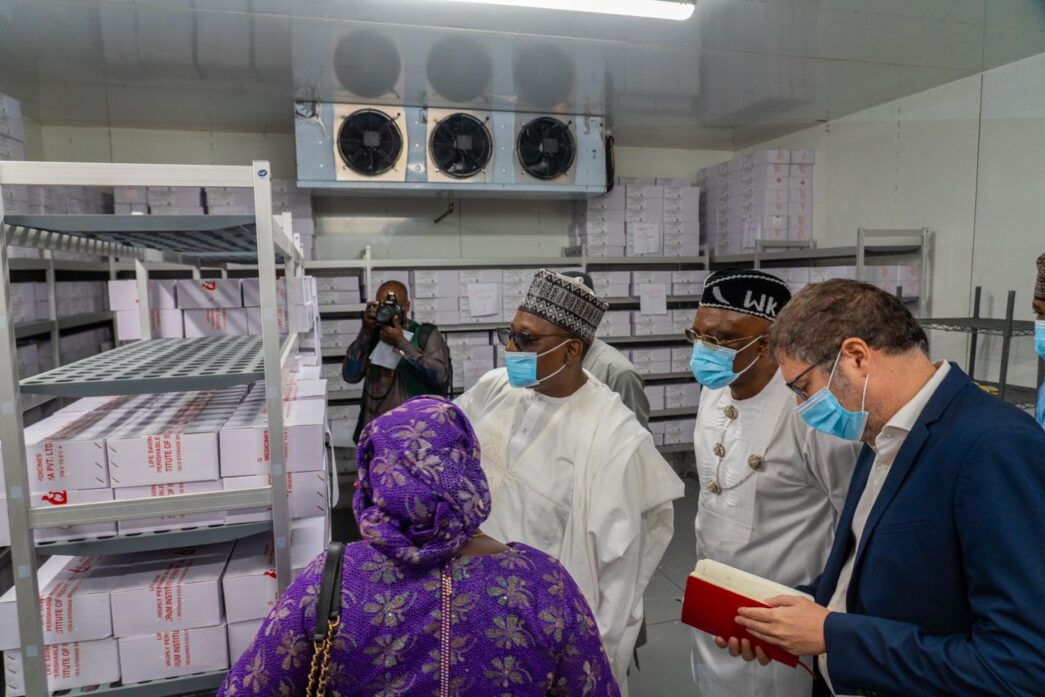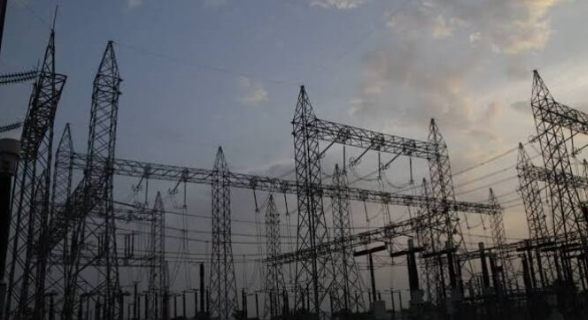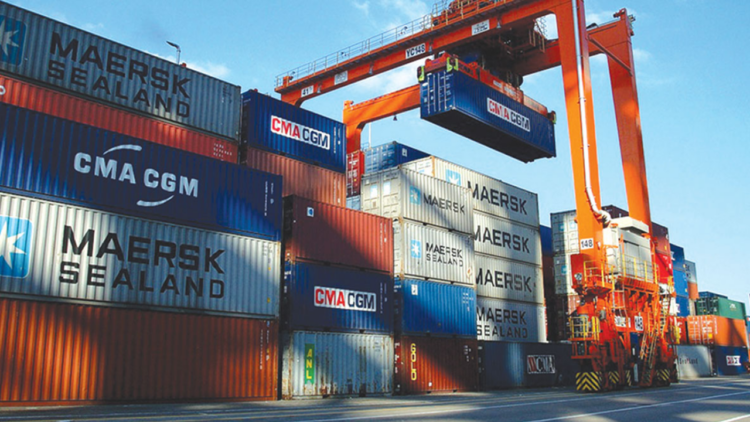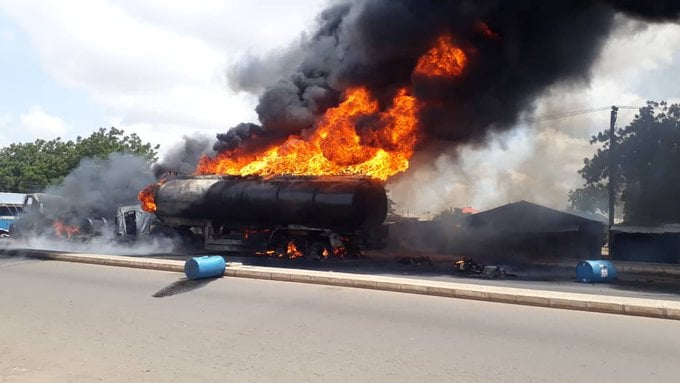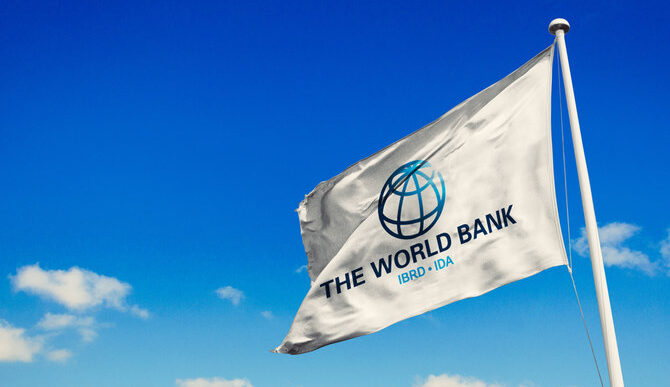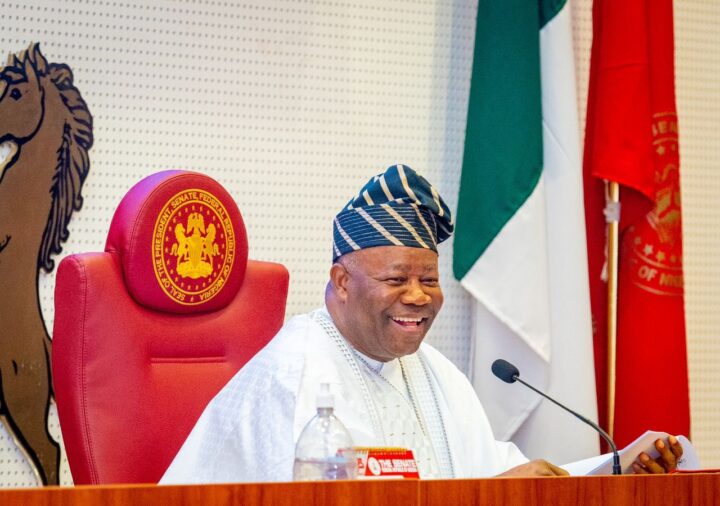Nigeria receives malaria vaccines from Gavi
Nigeria has received 846,000 doses of the R21 malaria vaccine from Gavi, the vaccine alliance organisation.
Speaking at the official launch on Thursday, Ali Pate, coordinating minister of health, said the arrival of the vaccines marks a significant milestone in government’s efforts to ensure that every child lives a life free of the disease.
“Every child that has full course of the vaccine has an opportunity to live a life of health,” he said.
“A child that is immunised against the disease has an opportunity to live a life free of that disease. So it’s a miracle, but it’s also a source of opportunity.
Advertisement
“The vaccines are delivered to populations for free. I want to urge all well-meaning Nigerians to take advantage of the limited availability and the fact that it’s a valuable commodity and bring their wards where they have the opportunity, to make sure they are protected with these vaccines.
“And to discount misinformation for uninformed people who sometimes have their own agendas or may not understand what they’re talking about.”
He said the “safe and efficacious” vaccines would first be distributed to states with the highest burden of the disease — particularly Kebbi and Bayelsa.
Advertisement
Muyi Aina, director general of the National Primary Health Care Development Agency (NPHCDA), said an enforcement team would be set up by the agency, and the date and location for the administration of the vaccines would be communicated in due course.
Aina said about 140,000 doses are expected in the coming months as the target is to make one million vaccines available in the first batch.
“This is the first batch out of a million doses. It’s important that we know that we are prioritised as a country,” he said.
“The vaccine is not excessively available globally, but Nigeria remains a very important country. So thank you to our partners — Gavi, WHO, UNICEF, and a lot of the others.
Advertisement
“We have a high burden of malaria in Nigeria, and we all know that. We have made some progress but continue to have up to 50%, 52% prevalence in states. That’s not acceptable.
“We have been deploying a slew of interventions which have shown some progress.
“But the vaccine is a very important addition that we are hoping to deploy very strategically as a country. The experts have advised that depending on the time that we have enough to go around, we prioritise the highest priority locations.
“And that is why we are taking a phased approach, starting from Kebbi and Bayelsa states.”
Advertisement
In October 2023, the World Health Organisation (WHO) endorsed R21/Matrix-M, developed by scientists at Oxford University, for the prevention of malaria in children.
The R21 vaccine is the second malaria vaccine recommended by WHO, the first being the RTS,S/AS01 vaccine, which received a WHO recommendation in 2021.
Advertisement
Earlier this year, Cameroon began the world’s first routine roll out of the RTS,S/AS01 malaria vaccine.
The country offered the jab free of charge to all infants in four doses.
Advertisement
Add a comment
